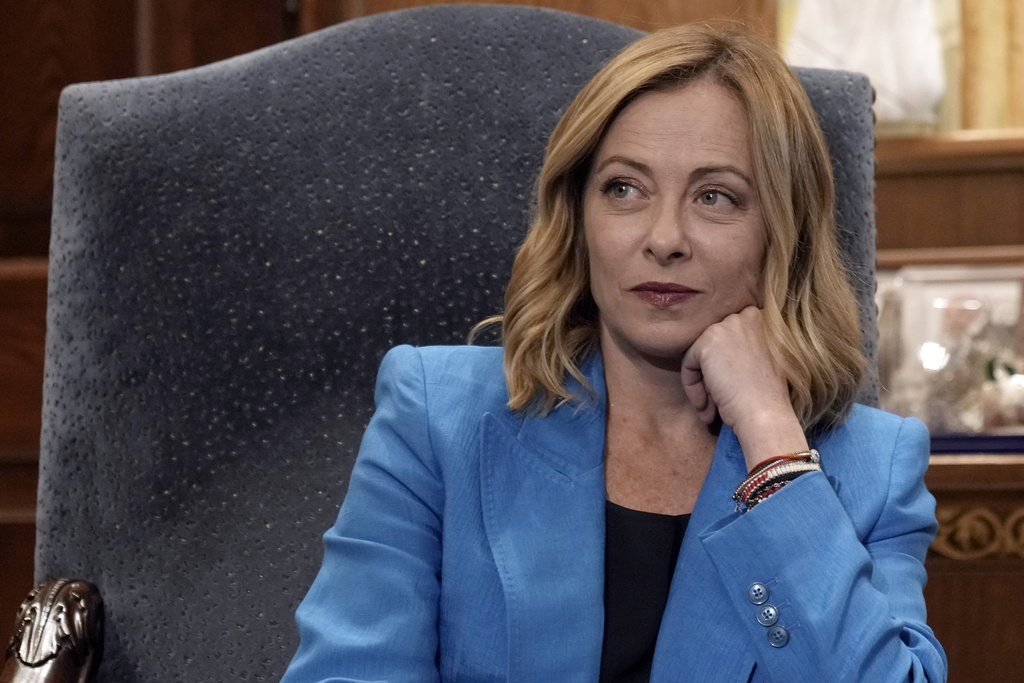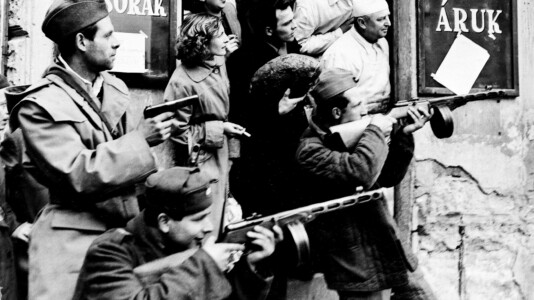Italian Prime Minister Giorgia Meloni has responded swiftly to bypass a controversial court ruling last week that disrupted her government’s plan to process migrants at offshore centers in Albania.
At an emergency meeting of the Council of Ministers convened on Monday, the right-wing executive passed a new decree that gives the government greater legal authority over migration issues. The government effectively gave itself the power to deem whole countries “safe” for the return of migrants, limiting the scope for judges to overrule one of its flagship policies.
The move countered a ruling from a Rome court on Oct. 18 which held that 12 migrants who had been sent to Albania to have their asylum applications processed under a newly established agreement could not be detained there due to concerns about the safety of their countries of origin – in this case, Bangladesh and Egypt.
The court cited a judgment made earlier this month at the European Court of Justice (CJEU) which determined that countries could only be considered “safe” for migrant processing if they met specific standards regarding security and human rights across the whole territory. Put simply, if part of a migrant’s country of origin was considered “unsafe” to return to, the individual could not be sent off to Albania for processing and must remain in Italy.
This resulted in the 12 initial residents of newly built asylum centers in the Balkan nation being returned to Italian soil.
The decree approved by the Italian cabinet legally established 19 “safe countries” of origin, elevating its declaration to primary law and ensuring the migrant relocation scheme could continue.
Justice Minister Carlo Nordio reiterated to the press it was the government’s prerogative to define safe countries and suggested the Rome court had misunderstood the CJEU ruling.
We have reached this point following a ruling from the European Court of Justice which has not been well understood. If the list of safe countries is found in a law, no judge can disapply it,” he said on Monday.
Deputy Prime Minister Matteo Salvini strongly criticized the court’s decision and the role of the judiciary in migration cases. Speaking on the news program Quarta Repubblica, the League leader stated: “Out of 9,000 judges, there is someone who confuses the courtroom with a social center.”
He went further, accusing certain judges of being politically motivated: “It seems clear to me that in this country, instead of applying the law, some magistrates dismantle it and block hundreds of deportation requests.”
Meloni herself vowed to continue working to “defend the borders and to reiterate a fundamental principle: entry into Italy is only to take place legally, following the rules and procedures in place.”
Despite setting herself on a collision course with left-wing NGOs and human rights groups, Meloni has found considerable support across the European Union for the Albania scheme with several other European leaders seeking to follow suit.
One nation not seeking to emulate the policy, however, is France. Its newly appointed prime minister, Michel Barnier, recently told journalists, “I don’t think this example can be transposed (to France),” citing legal difficulties as a primary factor.






